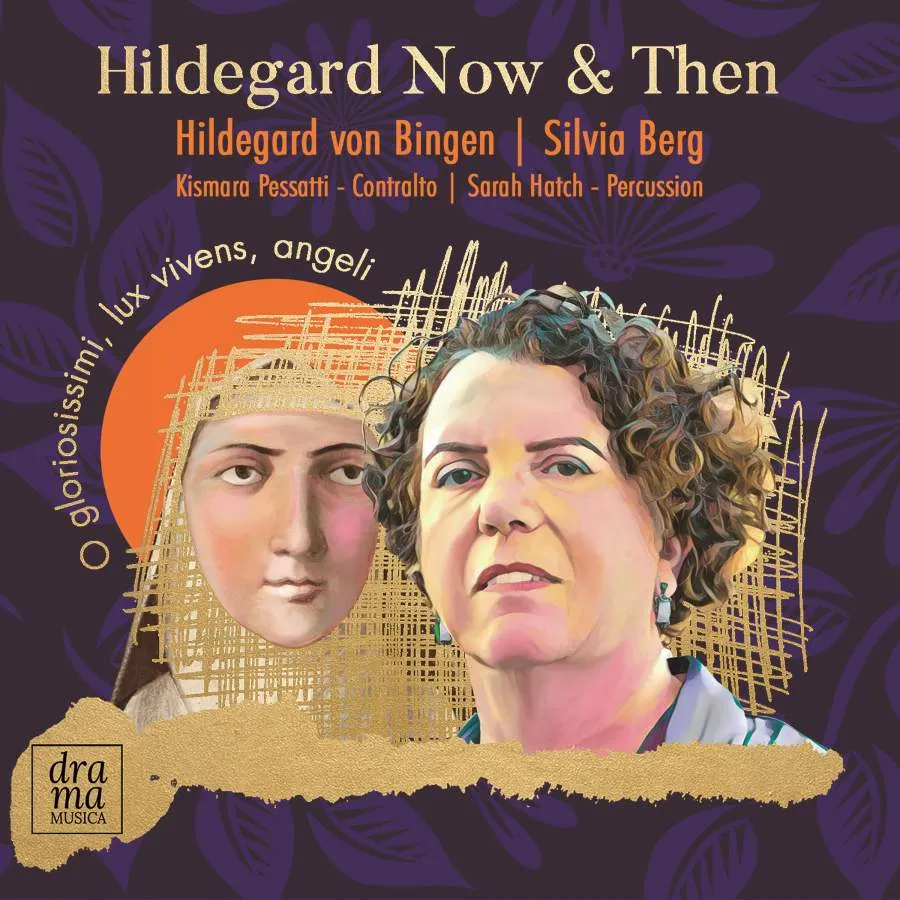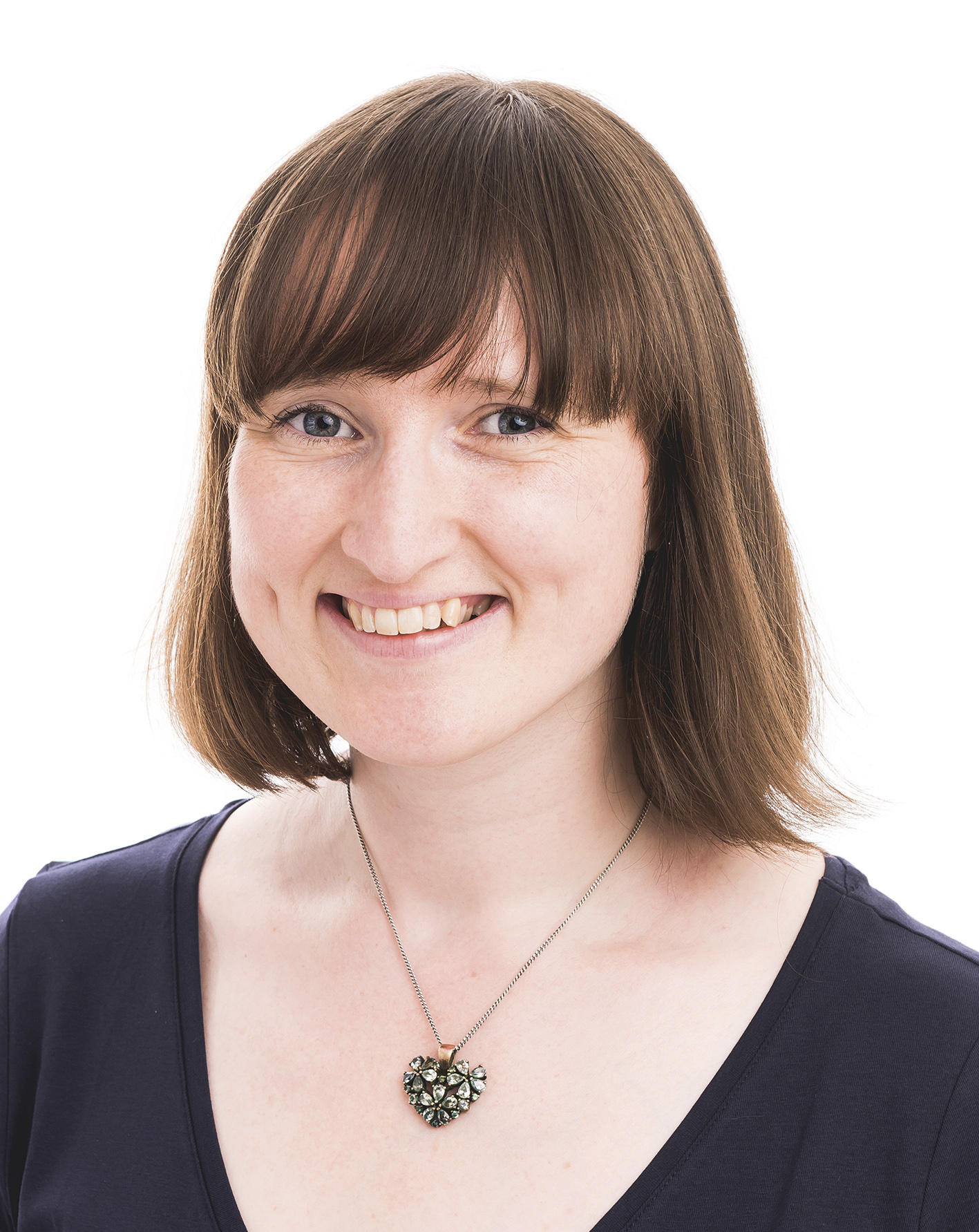
Hildegard Now & Then S Berg: Spiral Pieces; Hildegard: O virtus sapientiae; Deus enim rorem; O virga mediatrix; O quam mirabilis Kismara Pessatti (contralto), Sarah Hatch (percussion) Drama Musica DRAMA009 57:02 mins
Hildegard is often thought of as a heavenly figure. She experienced visions, founded a monastery and eventually, centuries after her death, was made a saint. All of her music is religious, and she composed her chants with melody ‘to the praise of God and his saints’. But what is heaven, without earth? As Fiona Maddocks points out in her booklet introduction, Hildegard’s art was about, above all, ‘God’s creation of humanity’. Hildegard was rooted in the natural world: this medieval polymath was a herbal healer and meticulous documenter of plants and animals.
Recordings of her music often emphasise its ethereal quality, with floating soprano voices conjuring a celestial soundworld. So the dark, rich voice of Kismara Pessatti casts a whole new light on her music. The Brazilian contralto’s vocal style is rooted in scholarly study, but that never hinders a sense of improvisatory freedom. She brings earthy colours to the six antiphons and one Alleluia, to which Sarah Hatch’s bright bells and silvery chimes bring a mystical edge. Do the interwoven spoken texts by Hildegard add much? I’m not sure, but it’s an interesting idea.
Brazilian composer, Silvia Berg (b1958), provides musical responses to Hildegard, also performed by solo voice and percussion though with a wider palette of instruments including snare drum, cymbal and xylophone. Setting assorted texts by Hildegard, Berg manages to channel her predecessor’s spirit without losing a contemporary feel. If the overall effect of this recording is of meditation and contemplation rather than great emotional journey, that’s no bad thing.
Rebecca Franks
